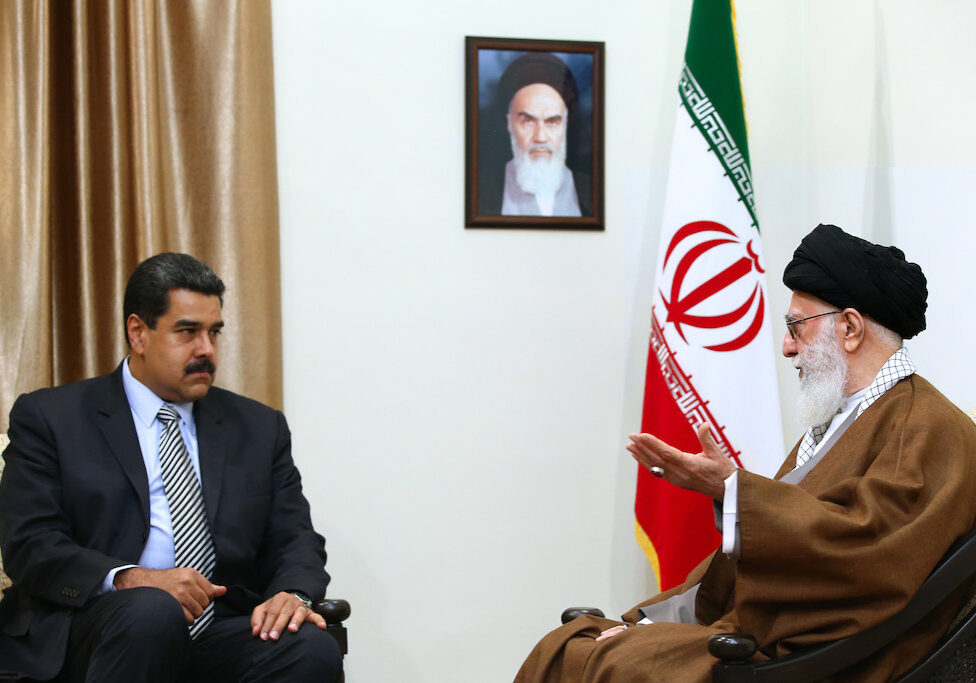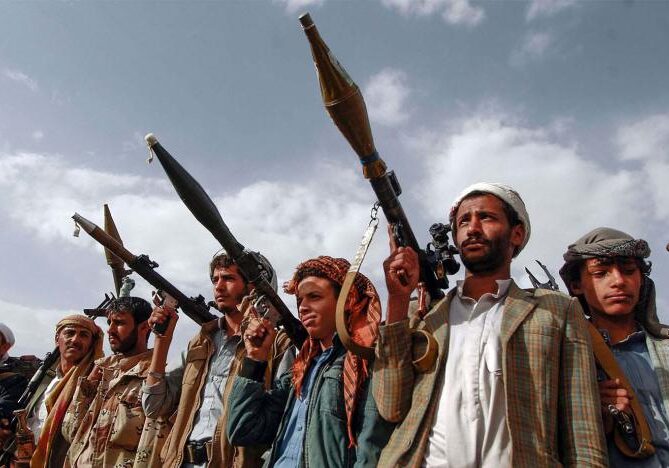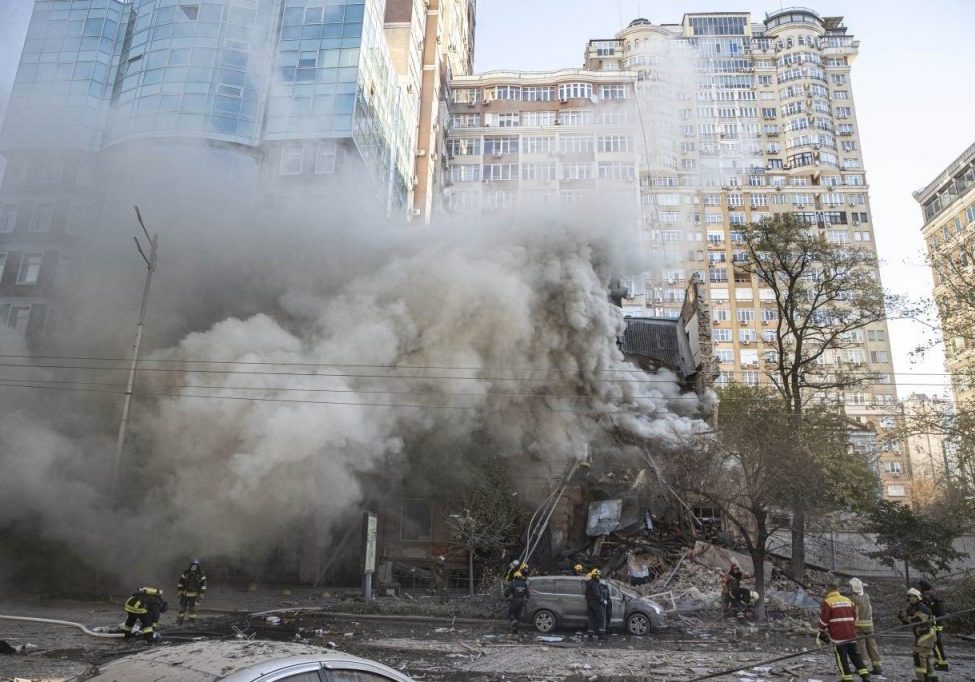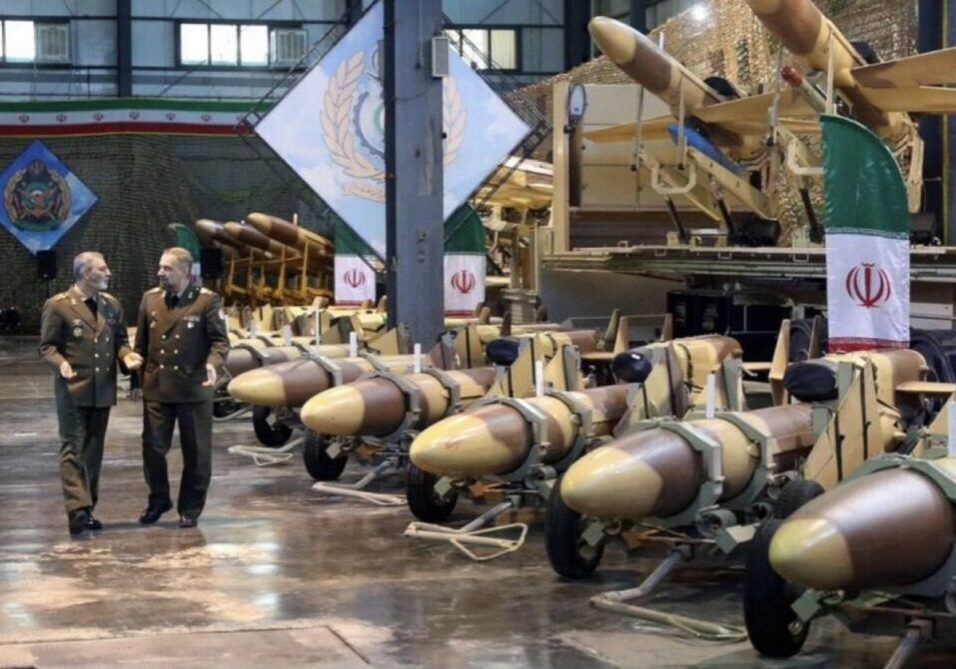Australia/Israel Review
After Aleppo – Five Predictions
Dec 22, 2016 | Tom Rogan
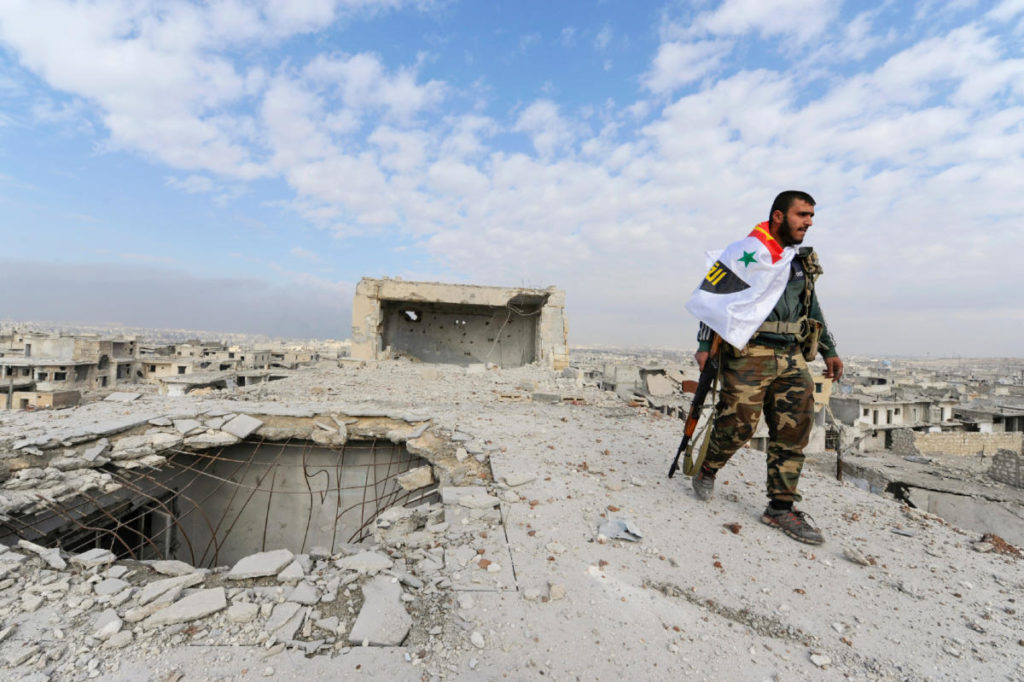
Tom Rogan
The Bashar al-Assad-Ayatollah Khamenei-Hassan Nasrallah-Vladimir Putin axis is smiling. The northern Syrian city of Aleppo, a spot with great strategic value for all sides, will soon fall. Sunni rebels there are outnumbered, outgunned, and encircled. When Aleppo collapses, it will spark five developments.
First off, Syria’s Sunni-dominated rebellion will no longer be a national campaign – it will become a collection of geographically limited ones. Apart from two sparsely populated central areas, the moderate rebels will hold only pockets of southeastern and northeastern Syria. At that point, unable to move between different battlefields, they’ll be highly vulnerable to axis operations. With supremacy in air power, armour, mobility and supplies, the axis will reinforce its death grip.
Second, al-Qaeda-linked organisations, Jabhat Fateh al-Sham (JFS), and other Salafi-Jihadist groups such as Ahrar al-Sham will grow stronger. The axis claim that capturing Aleppo will weaken extremist groups, but the opposite is true. JFS’s competent leaders, skilled fighters, and comparatively efficient supply lines make it credible and dangerous. On the other side, moderate groups will suffer a smack to their credibility after Aleppo falls. But whatever their organisational loyalties, Syrian Sunni rebel groups are united in their desire to vanquish Assad. They will not lay down arms until Assad is dead or deposed. As fighters lose confidence, groups such as JFS will reap the benefit.
Third, and as an extension, when Aleppo falls, we’ll see expanded external support for the extremists, notably from the Sunni monarchies. Led by the House of Saud, the Sunni kingdoms view Assad through the lens of sectarian hatred. That view is formed partly by Assad’s slaughter of hundreds of thousands of Syrian Sunnis, but also by his alliance with Shi’ite-revolutionary Iran. After Aleppo, expect the monarchies to increase funding, perhaps through proxies, for groups such as JFS and al-Qaeda. Fear will intensify the monarchies’ efforts. In the context of Iran’s rising power, whether in nuclear-deal cash or in Lebanese politics, the Sunni monarchies will act aggressively.
Fourth, the Assad axis will escalate operations in Syria’s western, rebel-held Idlib governate. Idlib is critical to the rebellion’s existence because the rebels control areas along a roughly 50-mile border with Turkey. That border is the rebels’ supply aorta. But after Aleppo falls, the axis will push hard against Idlib border settlements, such as Ad Dana in the east, and Jisr ash-Shugur in the west. They know that as the border goes, so goes the rebellion. Seizing the border, the axis forces will starve the rebels and their families into submission. This action would once have sparked Turkish reprisals, but today Erdogan kneels in supplication to Putin.
Finally, Putin will use Aleppo’s capture to damage US foreign policy. His intentions are already clear. After all, in English-news propaganda outlets such as RT, the Russians are proudly rejecting American demands that Sunni rebels be given safe passage out of Aleppo. It’s Obama vs. Putin 101. Unwilling to pressure Russia, Obama is simply ignored by Putin. Through this public display of American impotence, Putin asserts his grand strategy in the Middle East. In the Middle East, where influence is defined by fear and by perceptions of power, Putin is seizing influence and control over American allies.
In early October 2015, President Obama claimed that “an attempt by Russia and Iran to prop up Assad and try to pacify the population is just going to get them stuck in a quagmire, and it won’t work.”
Aleppo’s rubble has proved Obama wrong. His misjudgment has come at a heavy cost. In the lacerated lungs and starved stomachs of 200,000 Syrian civilians, American credibility has turned to ashes. In its place, Putin’s KGB phoenix is rising.
Tom Rogan writes for National Review Online and Opportunity Lives. A former panelist on “The McLaughlin Group” television program, he is a senior fellow at the Steamboat Institute. © National Review (www.nationalreview.com), reprinted by permission, all rights reserved.
Tags: Russia

